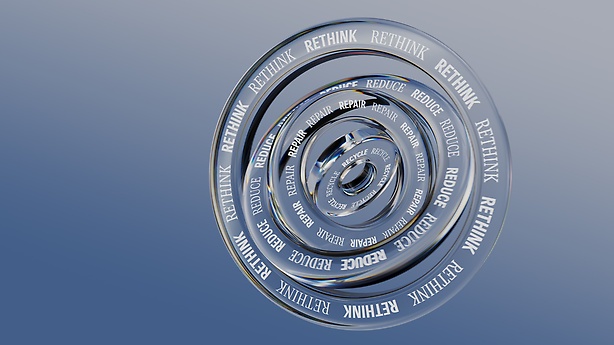The Mercedes-Benz Group is consistently pursuing the goal of contributing to reducing CO₂ emissions and has enshrined this in its sustainable business strategy. In our “Ambition 2039” we have set ourselves the target of making our fleet of new vehicles net carbon-neutral along the entire value chain and over the vehicles’ entire life cycle by 2039.
We are also involved in conservation outside of our own operational business activities by continuously supporting projects to promote biodiversity and the renaturation of ecosystems. In this context, we rely on the support of external organizations and foundations, such as the Global Nature Fund. The Mercedes-Benz Group is also involved in various associations, committees, and sustainability initiatives.
Through regular internal communication, we raise awareness among our workforce about the importance of biodiversity and thus support the successful implementation of our goals. In addition, we communicate current measures and developments regarding biodiversity in our Sustainability Report.
,xPosition=0,yPosition=0.5)
,xPosition=0,yPosition=0)
,xPosition=1.0,yPosition=0)